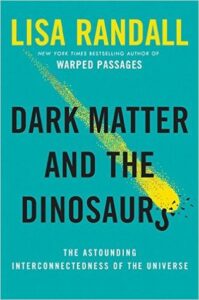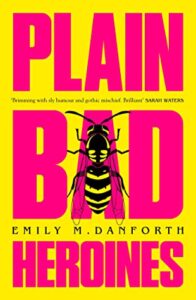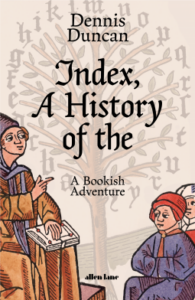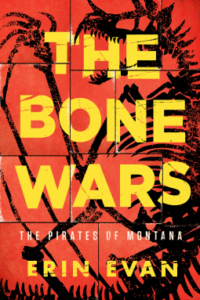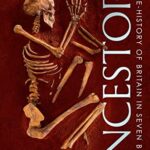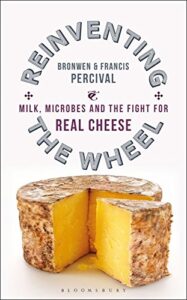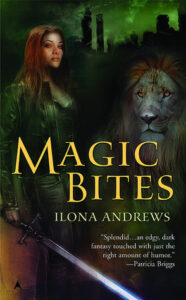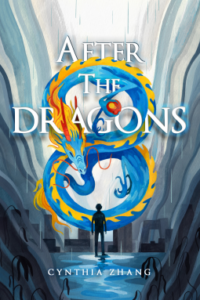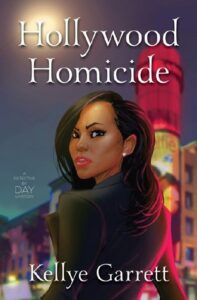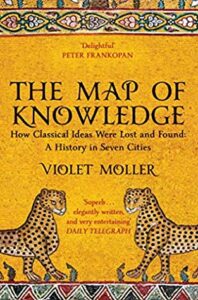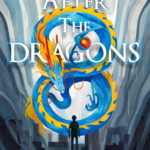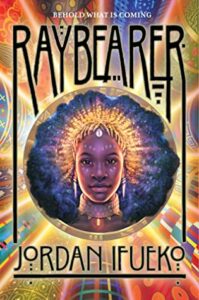 Raybearer, Jordan Ifueko
Raybearer, Jordan Ifueko
I found this book a little frustrating: I got into it immediately, and then there was a timeskip which kind of knocked me out of things again, and I didn’t find my feet again until the last third or so of the book. There were parts where I raced through it, and then a middle section that I just kind of plodded through. I did enjoy the bonds between Tarisai and the others, particularly the bond between Tarisai and Dayo; the fact that it was so strong and yet determinedly non-sexual and non-romantic was great.
It’s definitely YA, and it feels very young, but there is some ambiguity there in some of the characters and relationships, which gives it a bit more depth than it might otherwise have.
I’d be interested enough to read the second book: the world at least feels interesting, and there’s a good sense that there’s a lot more out there (something which always does it for me with fantasy settings). There’s a lot of enjoyable detail that shows this isn’t your standard medieval-Europe inspired fantasy, too.
Rating-wise, I feel torn — easily four stars for the parts I tore through, but a meh for the middle part. I guess I’ll compromise on 3 — but it’s a 3 that’s close to 4 in some respects.

